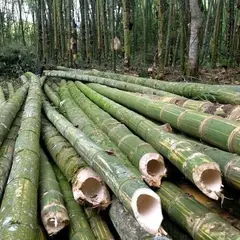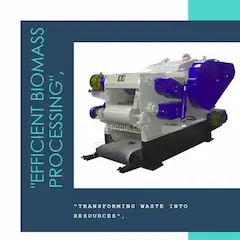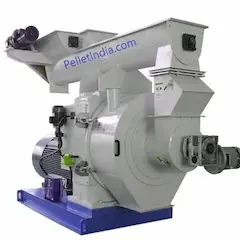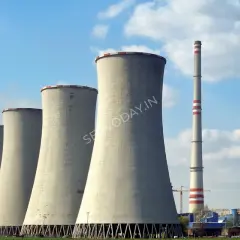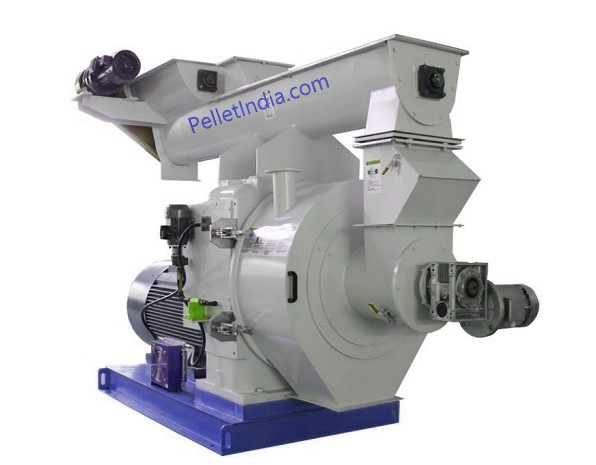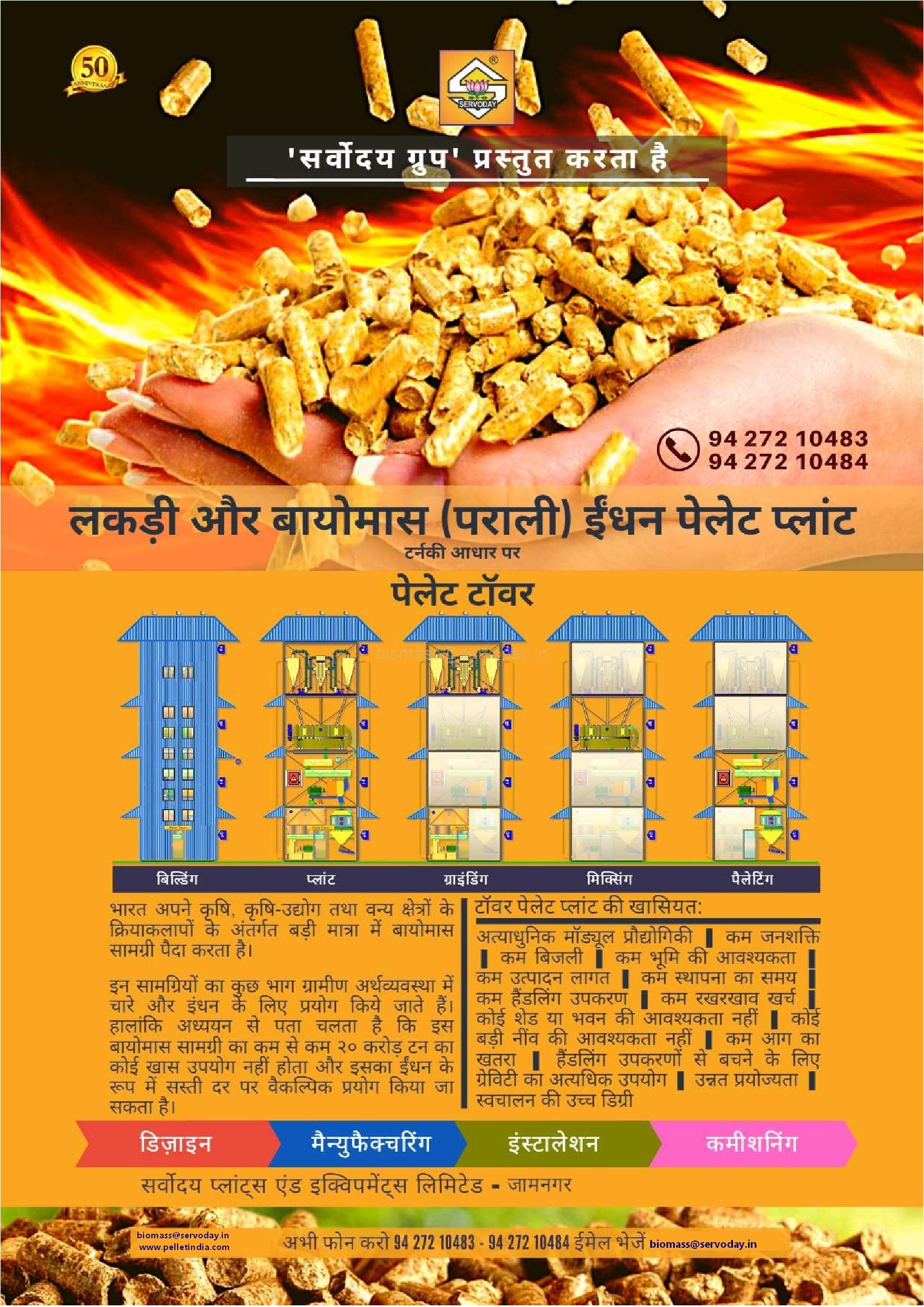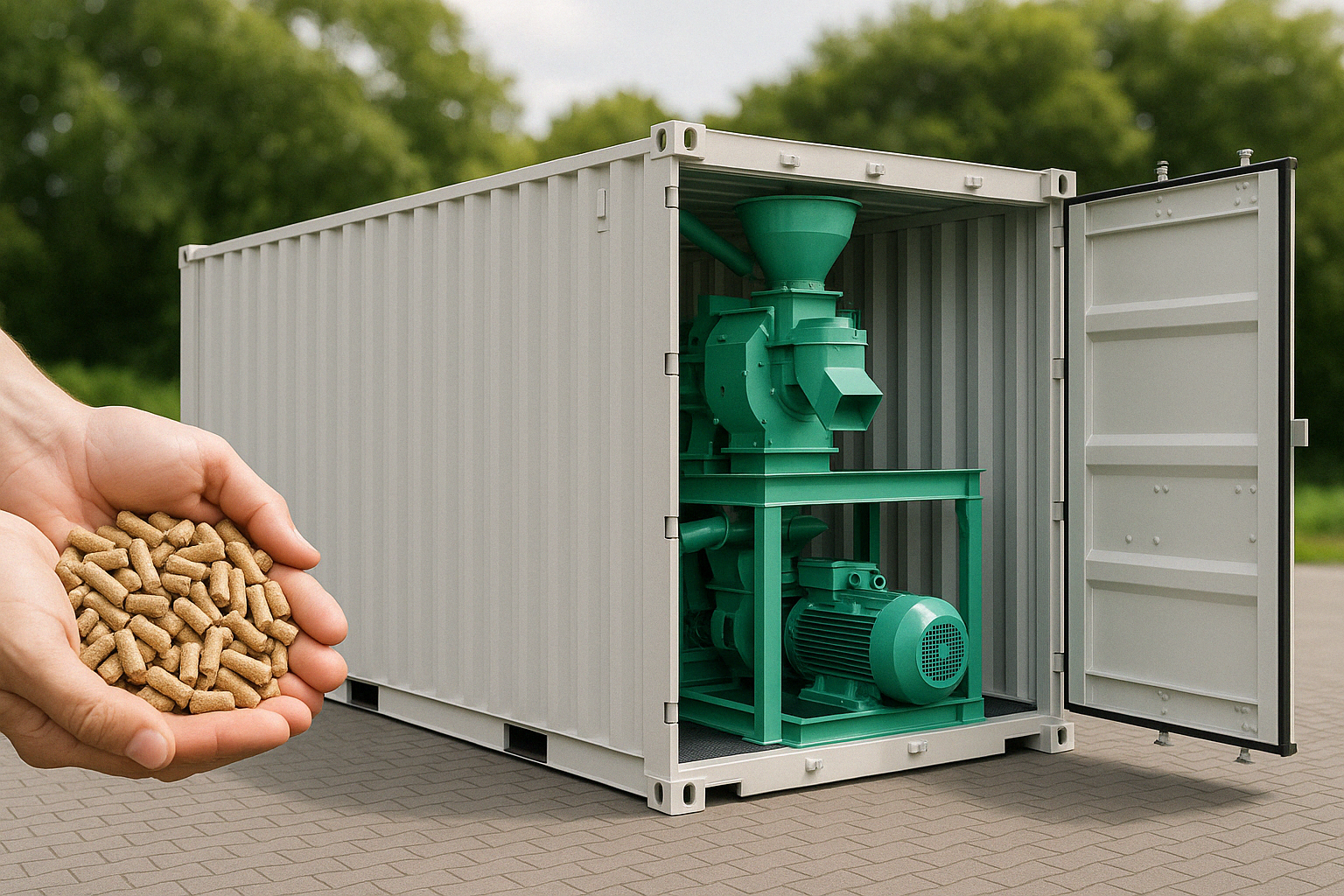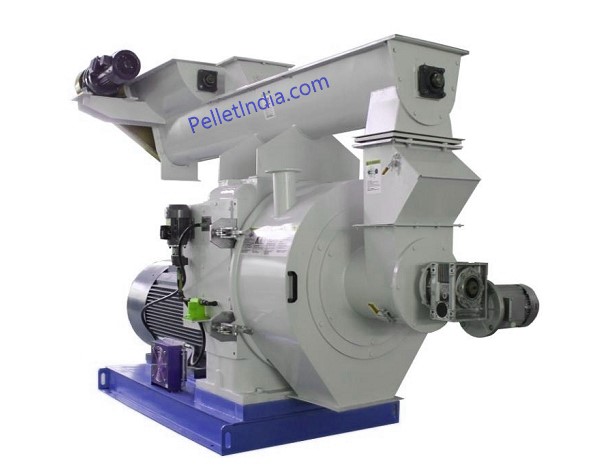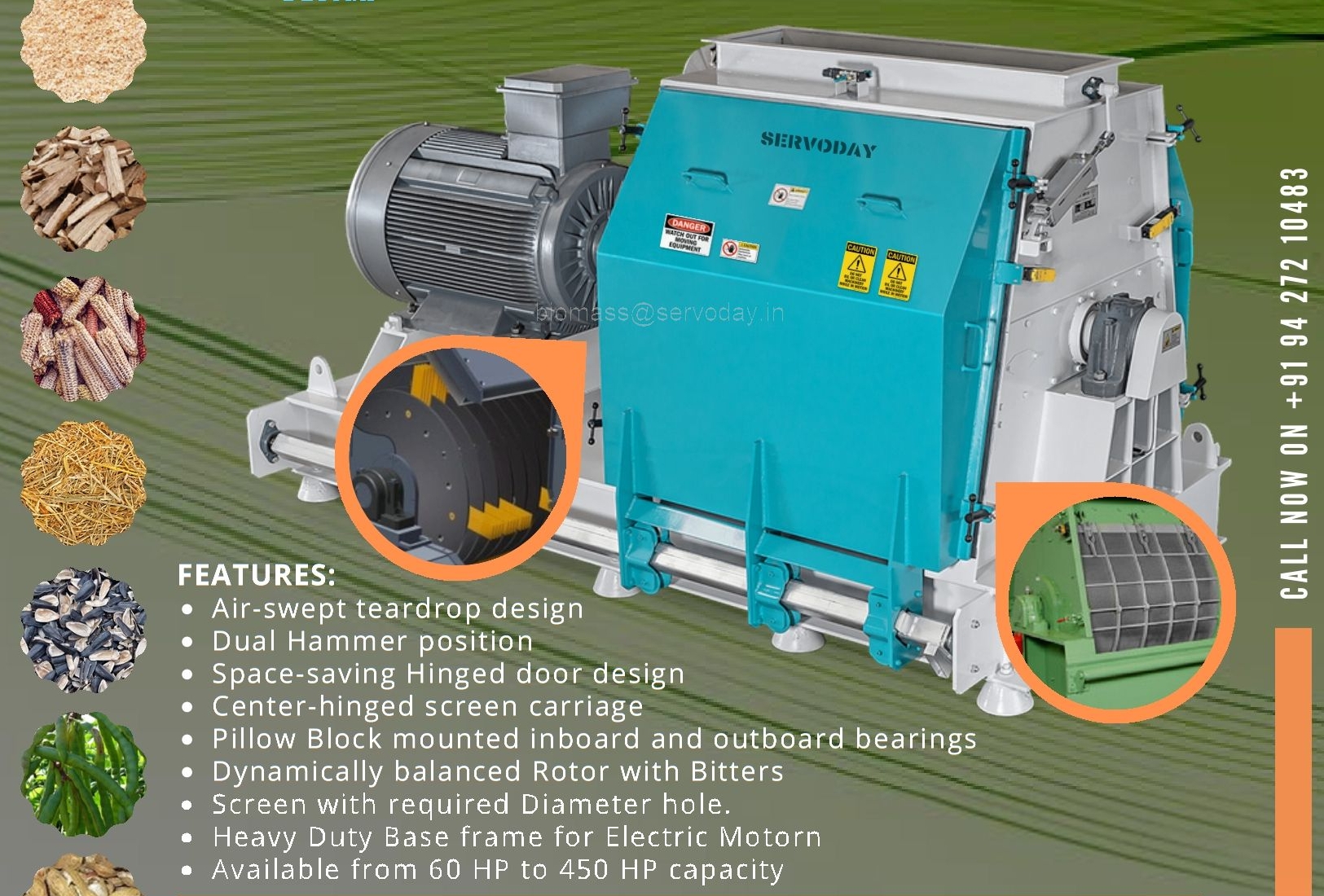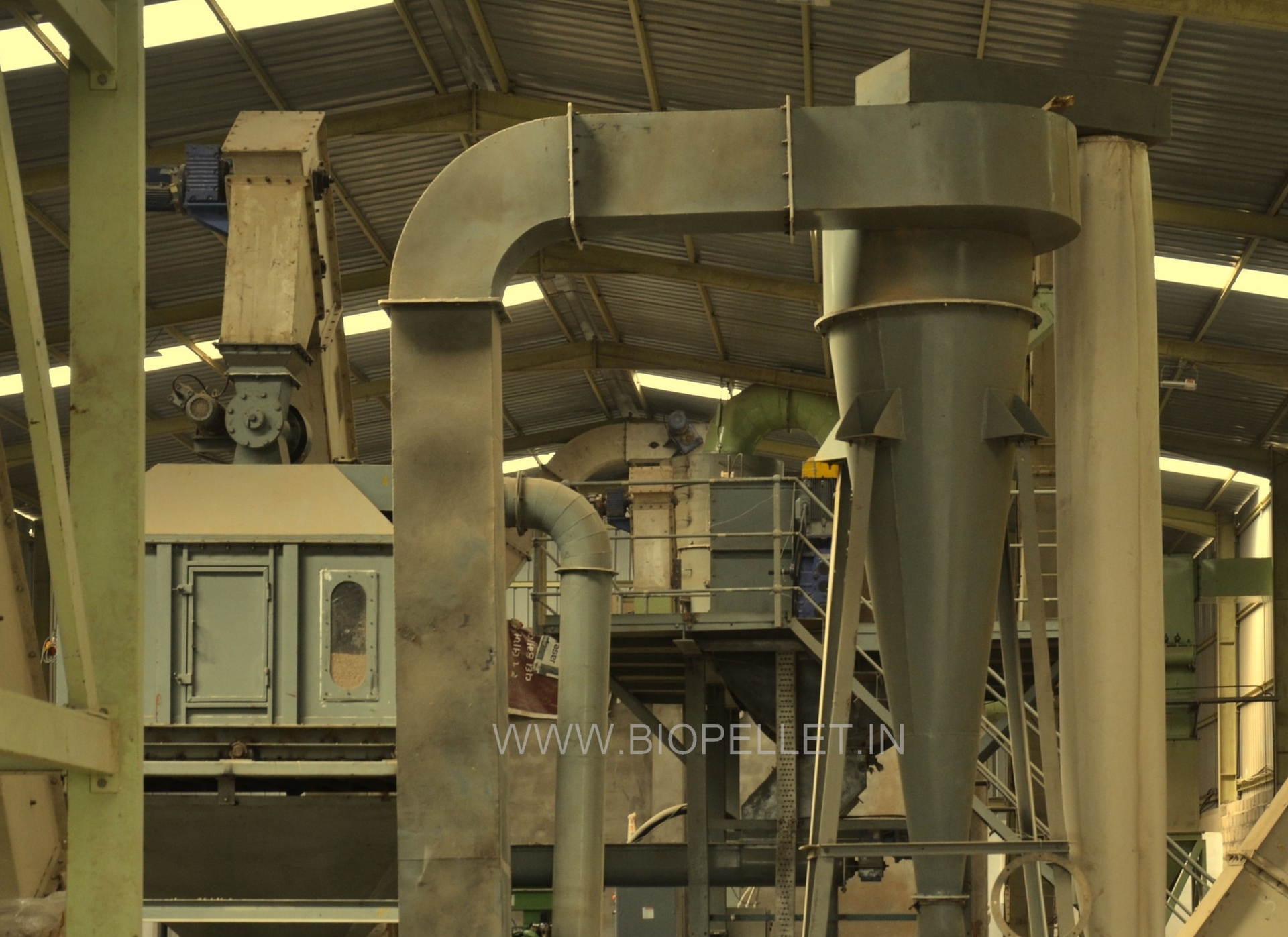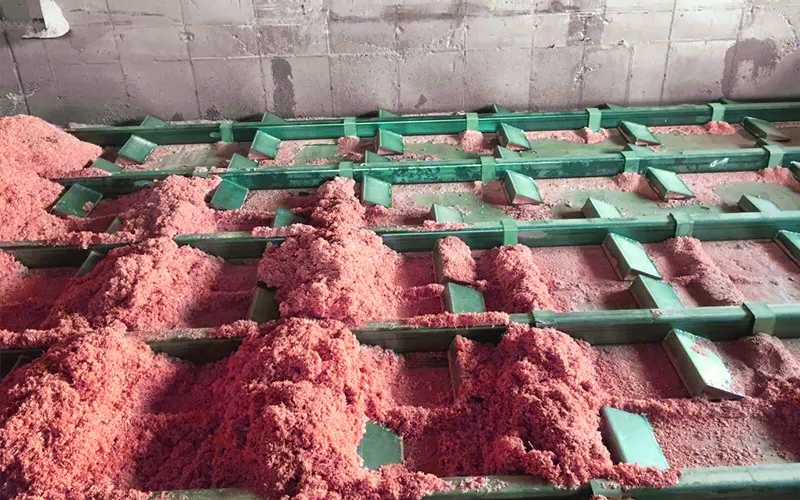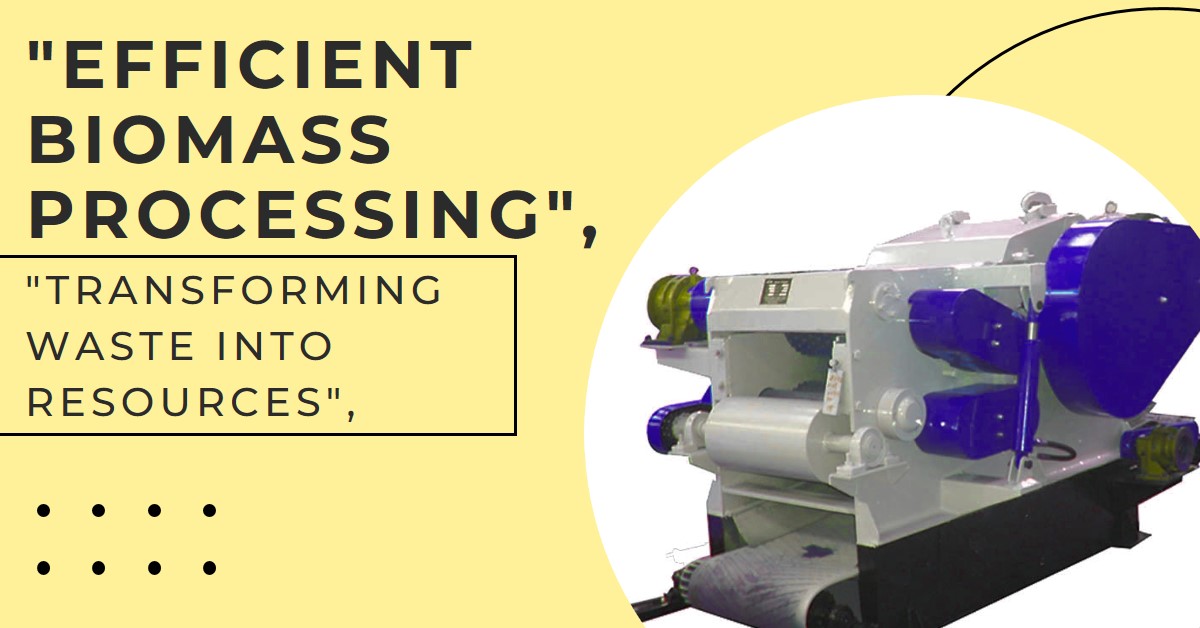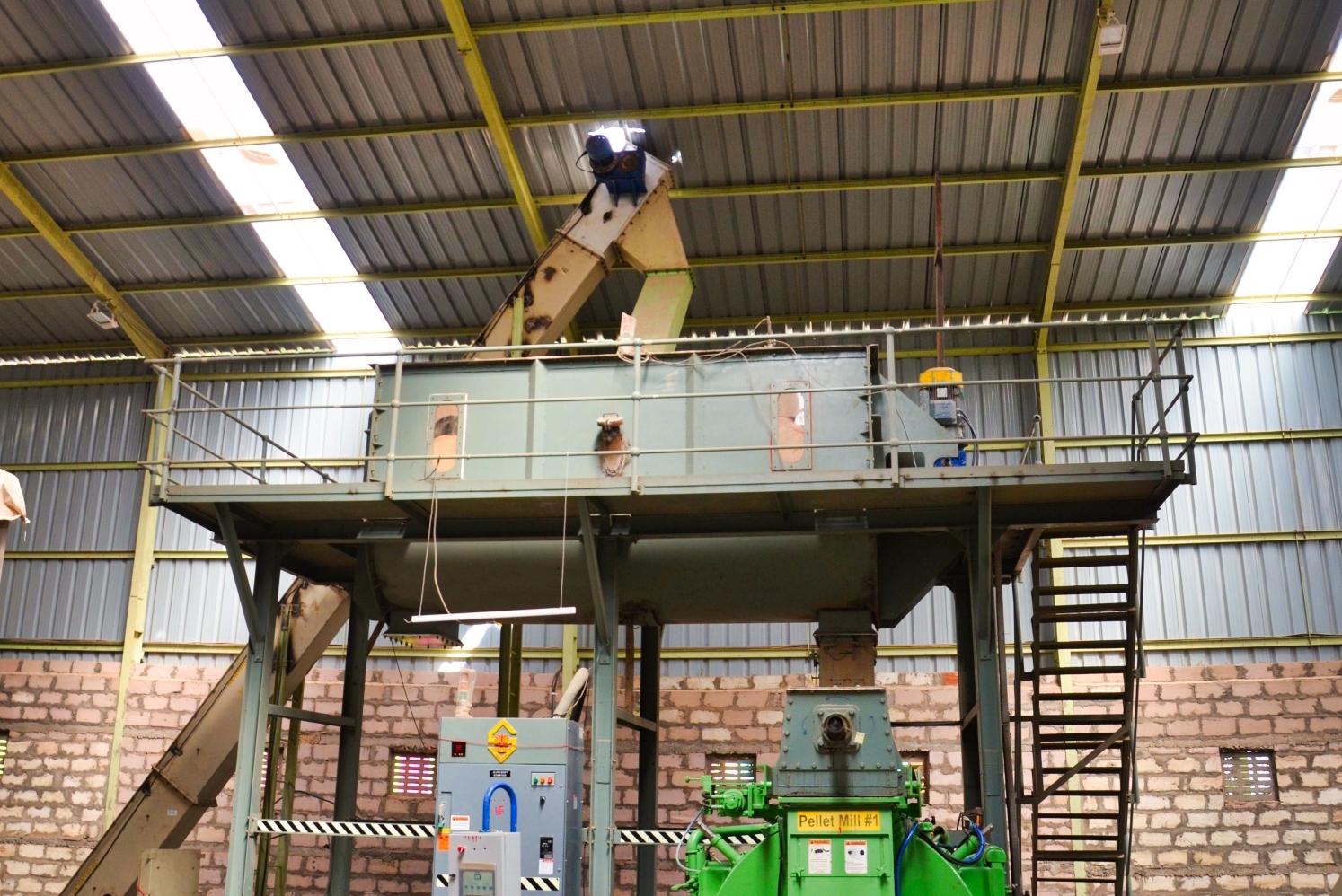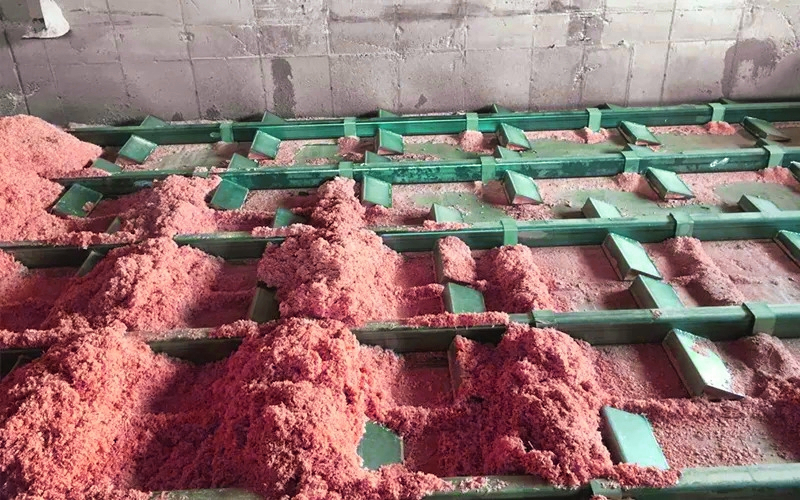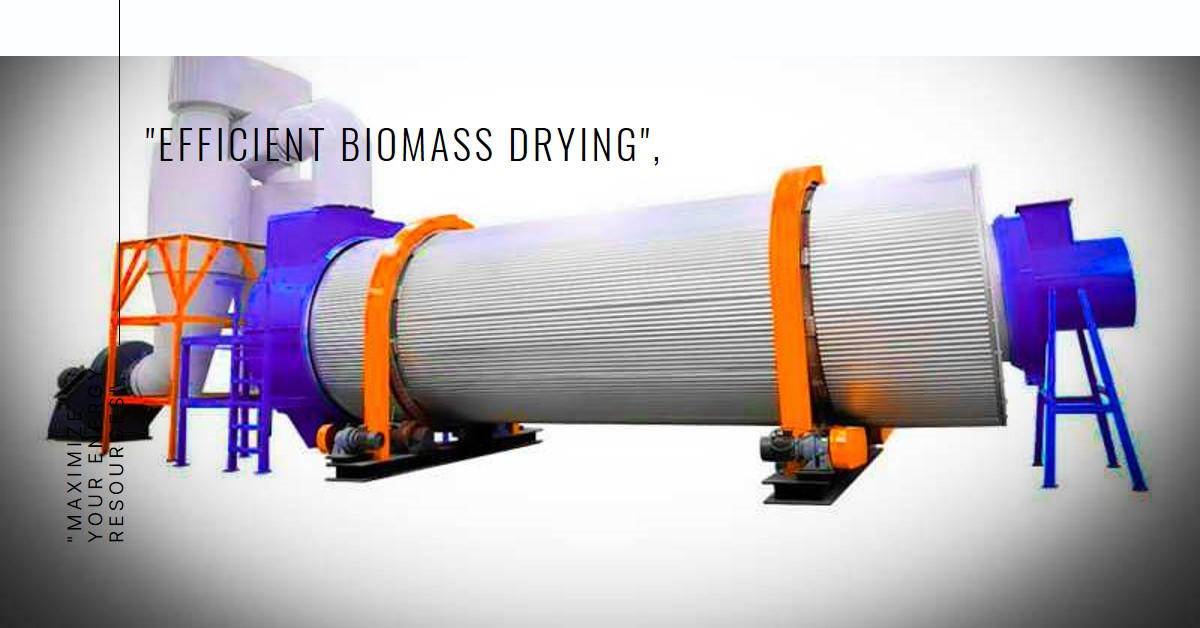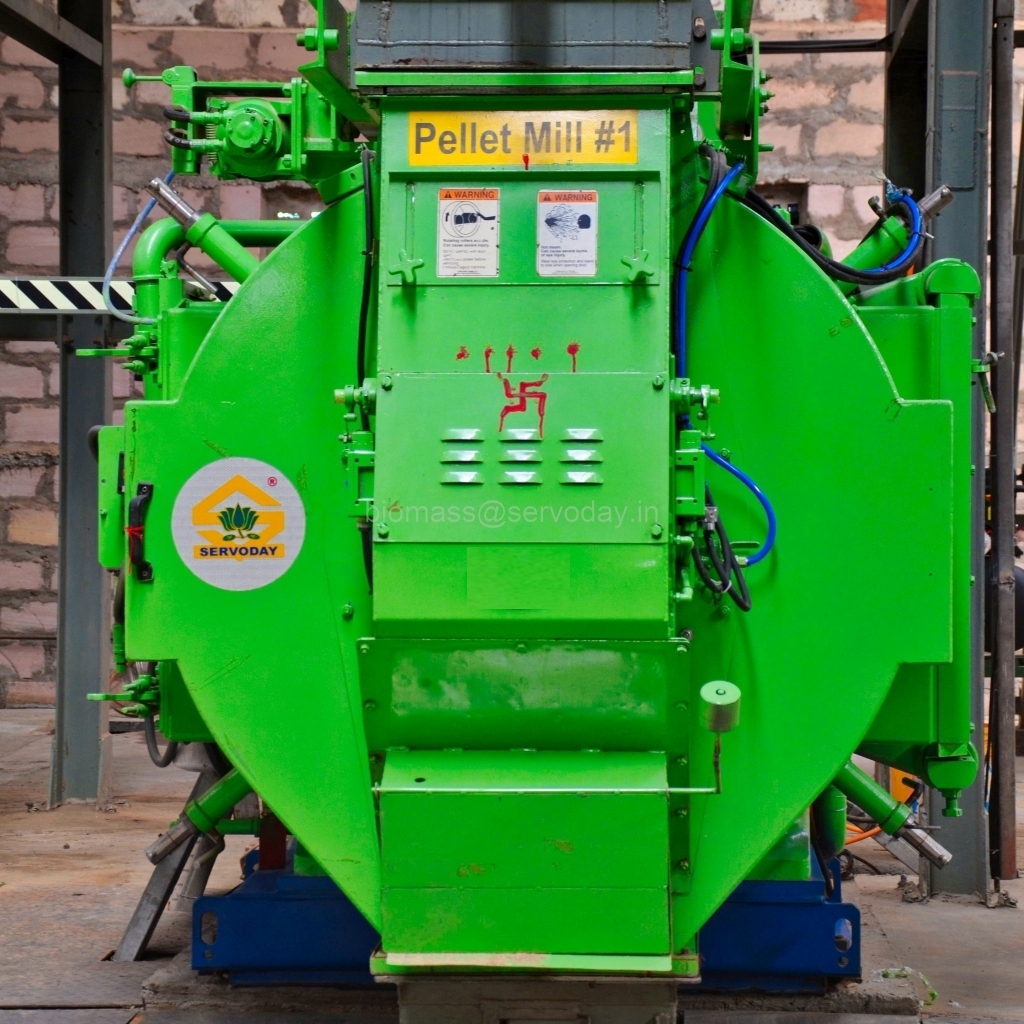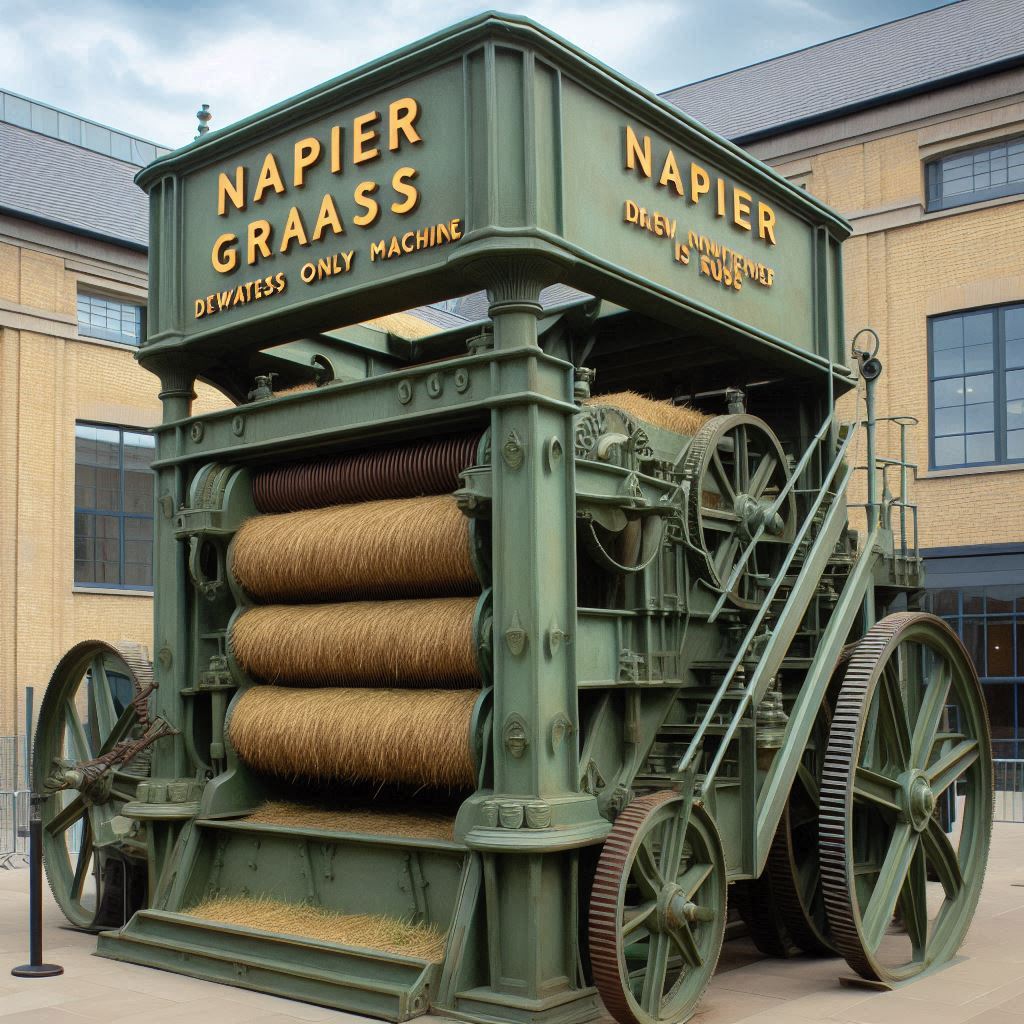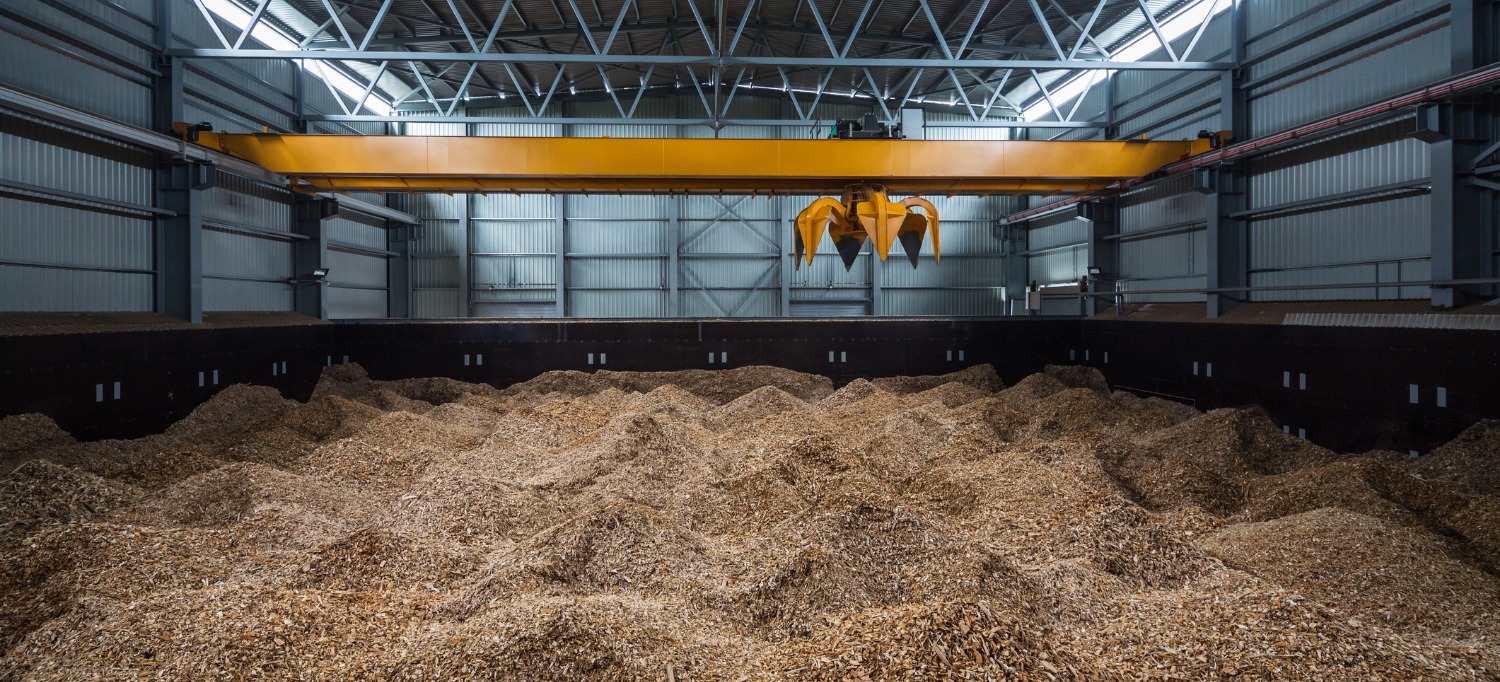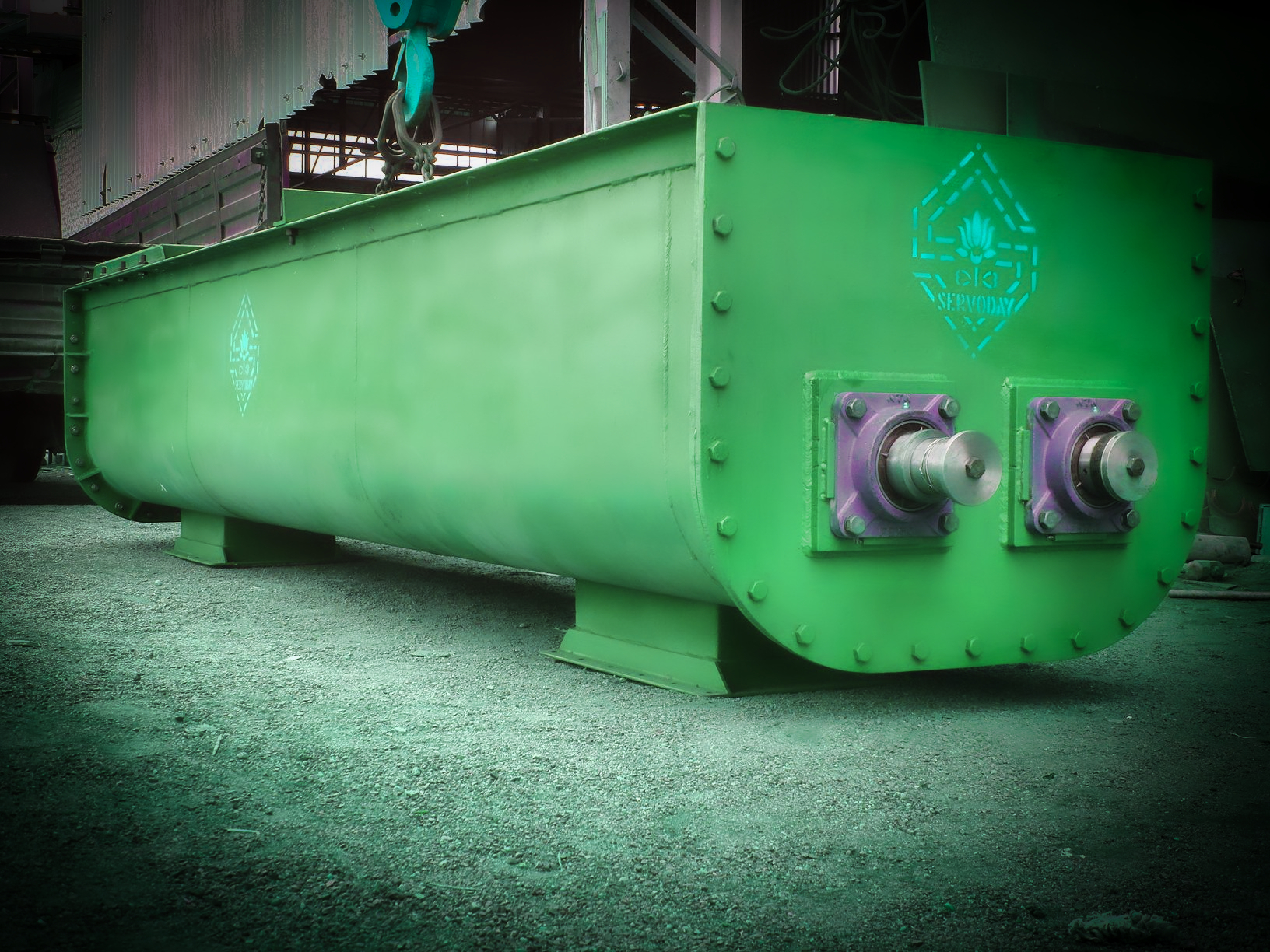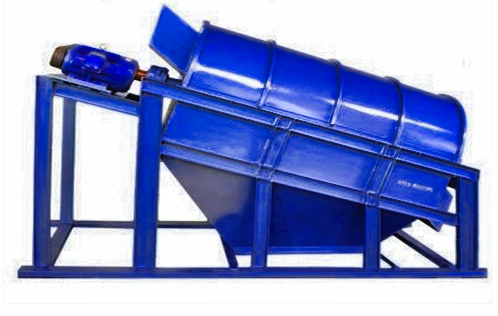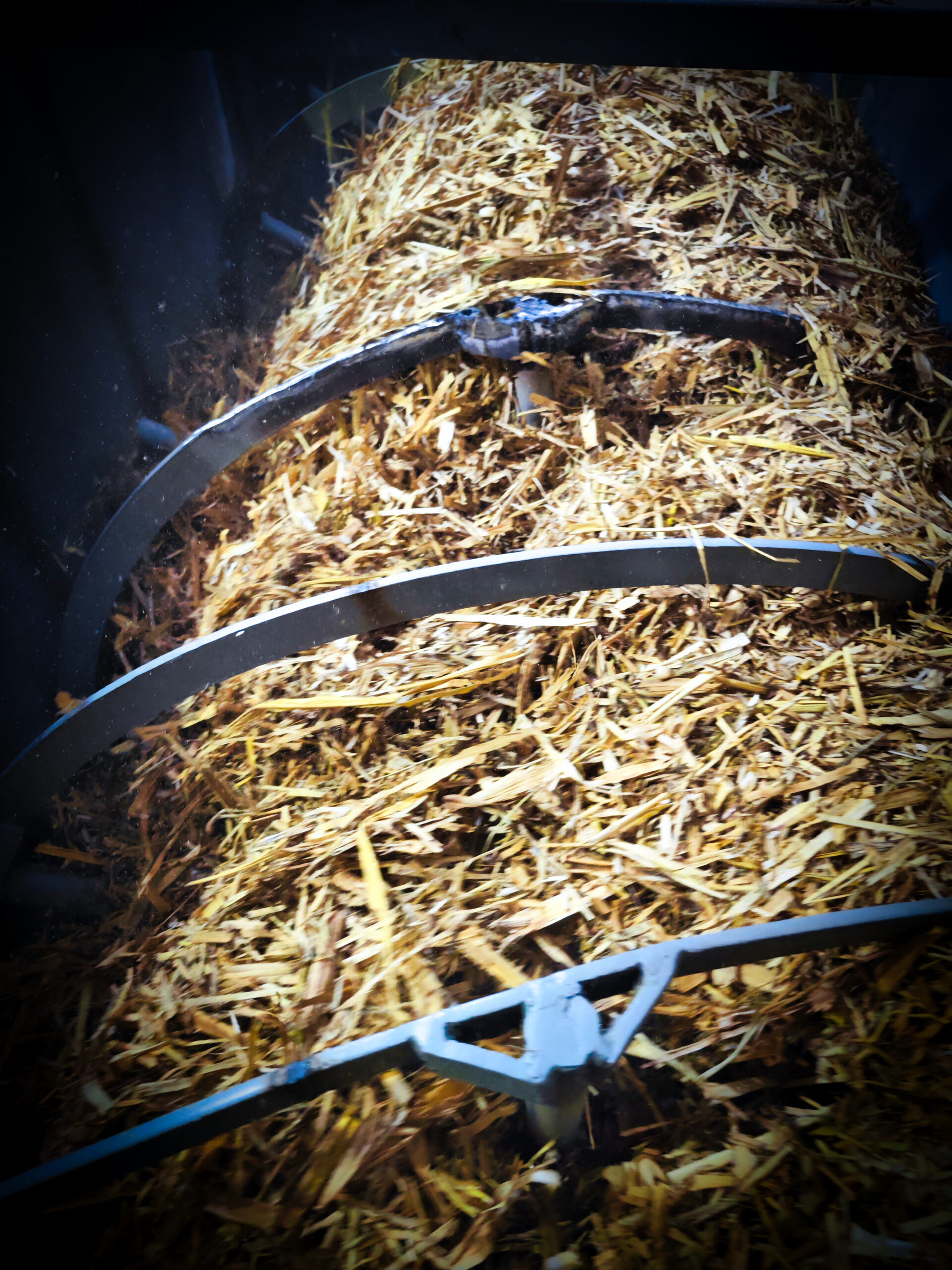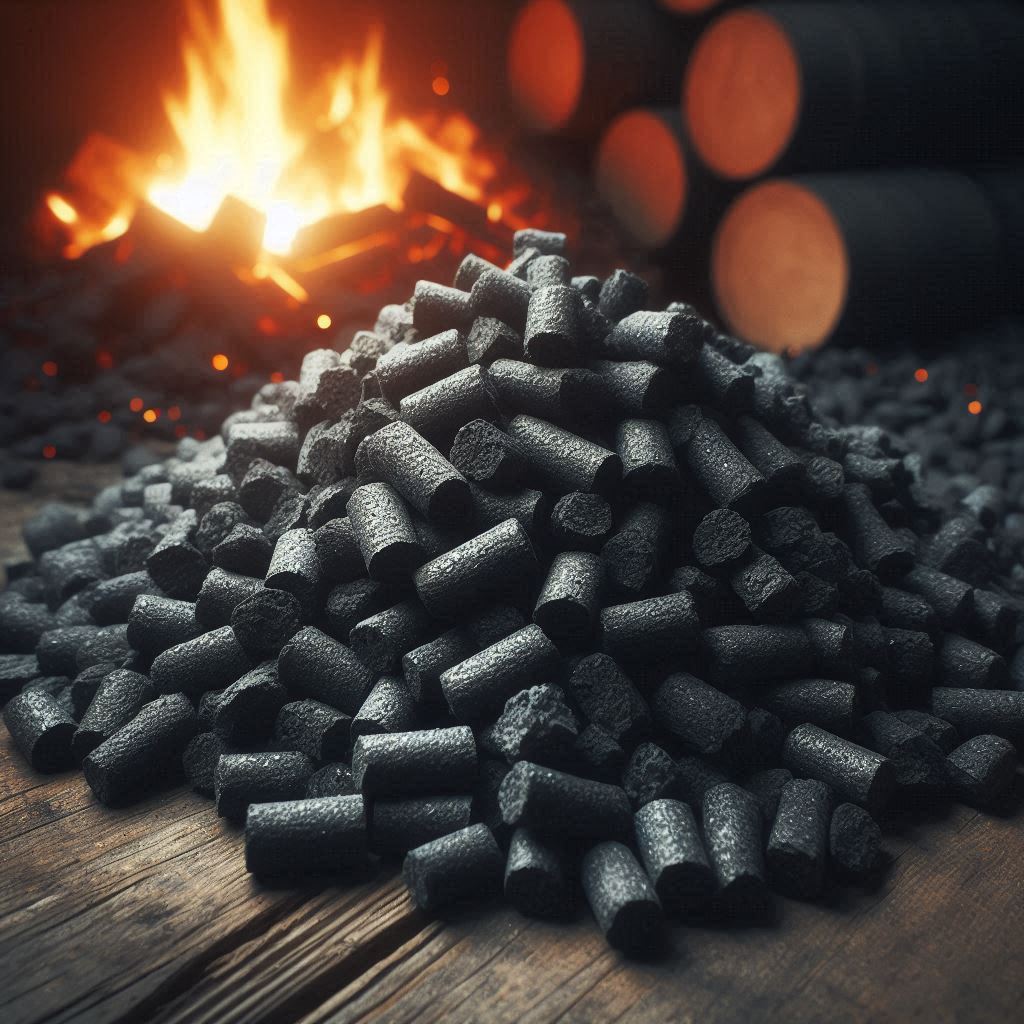What is Bamboo?
Bamboo is a fast-growing, renewable perennial plant that thrives in various
climates, making it an ideal resource for biomass energy. Known for its
durability and versatility, bamboo is widely cultivated for pellet
production, biomass fuel, and industrial applications.
Renewable & Green Energy
Ditch the fossil fuels! Bamboo is a highly renewable and carbon-neutral
biomass source, providing a continuous and eco-friendly alternative for
pellet production and clean energy generation. Its low environmental
impact makes it a preferred choice for sustainable industries.
Fast Growth & High Yield
Time is money, and bamboo grows at incredible speeds—up to 3 feet per
day! This high-yield crop ensures continuous biomass supply for bamboo
chips and pellets, outperforming traditional wood-based fuels in
sustainability and efficiency.
Sustainable & Earth-Friendly
Sustainability starts with the soil. Bamboo prevents soil erosion,
enhances biodiversity, and improves carbon sequestration. Its deep root
system helps maintain soil fertility while requiring minimal water and
fertilizers, making it an environmentally responsible choice for biomass
energy production.


